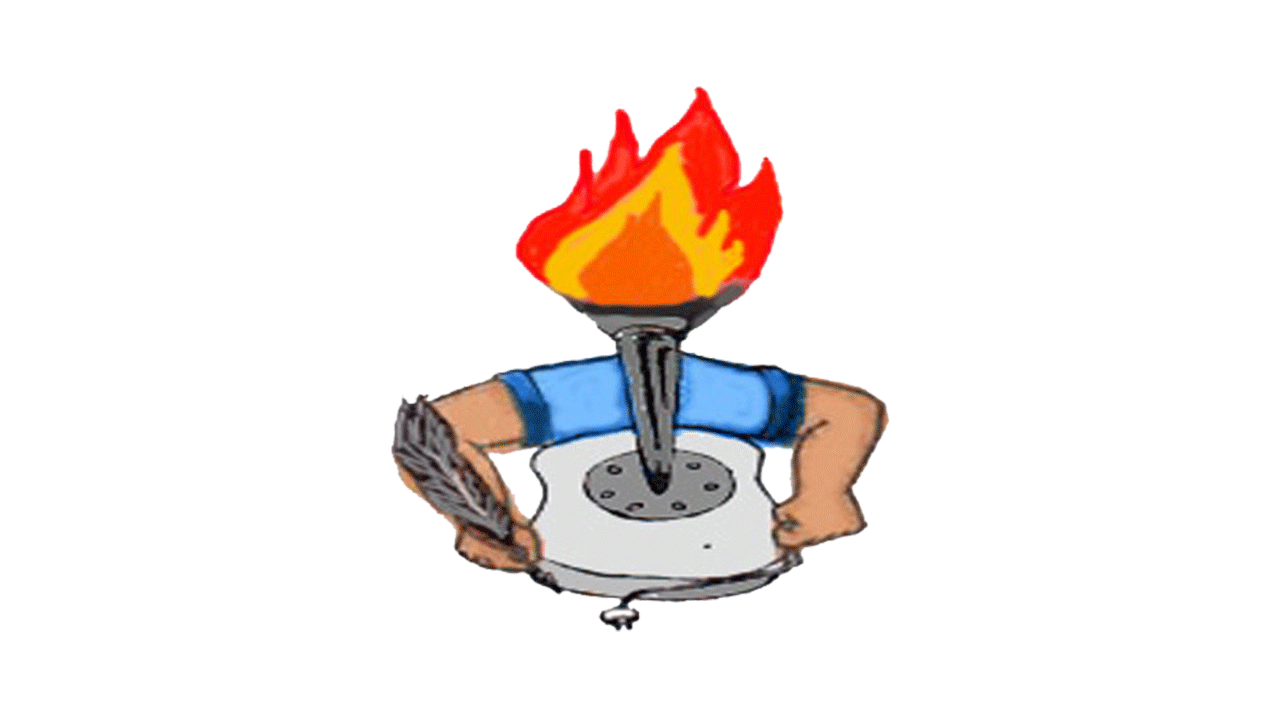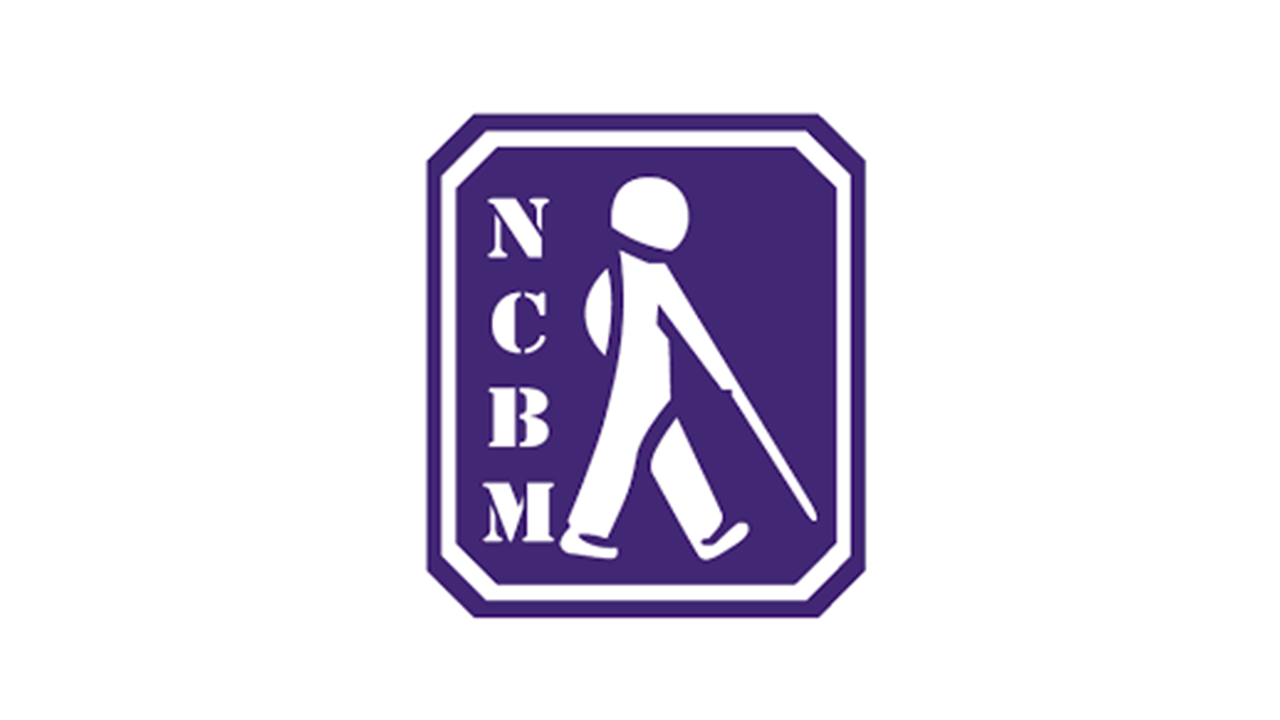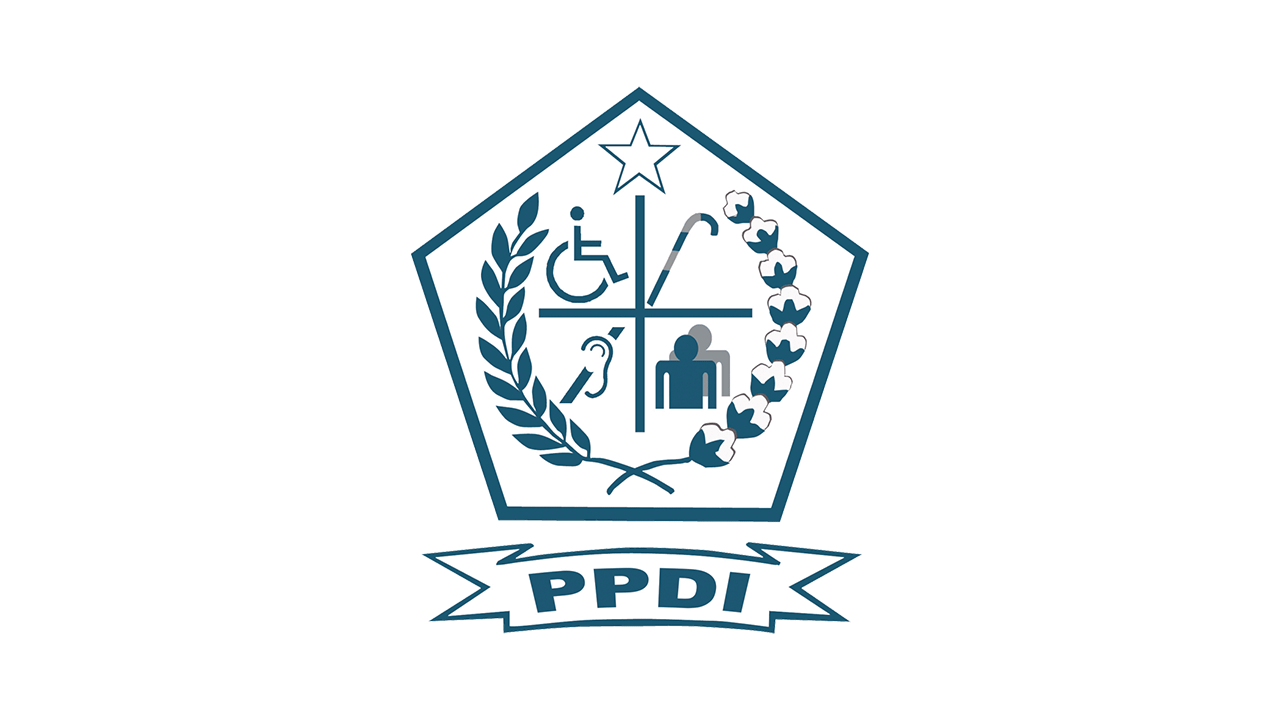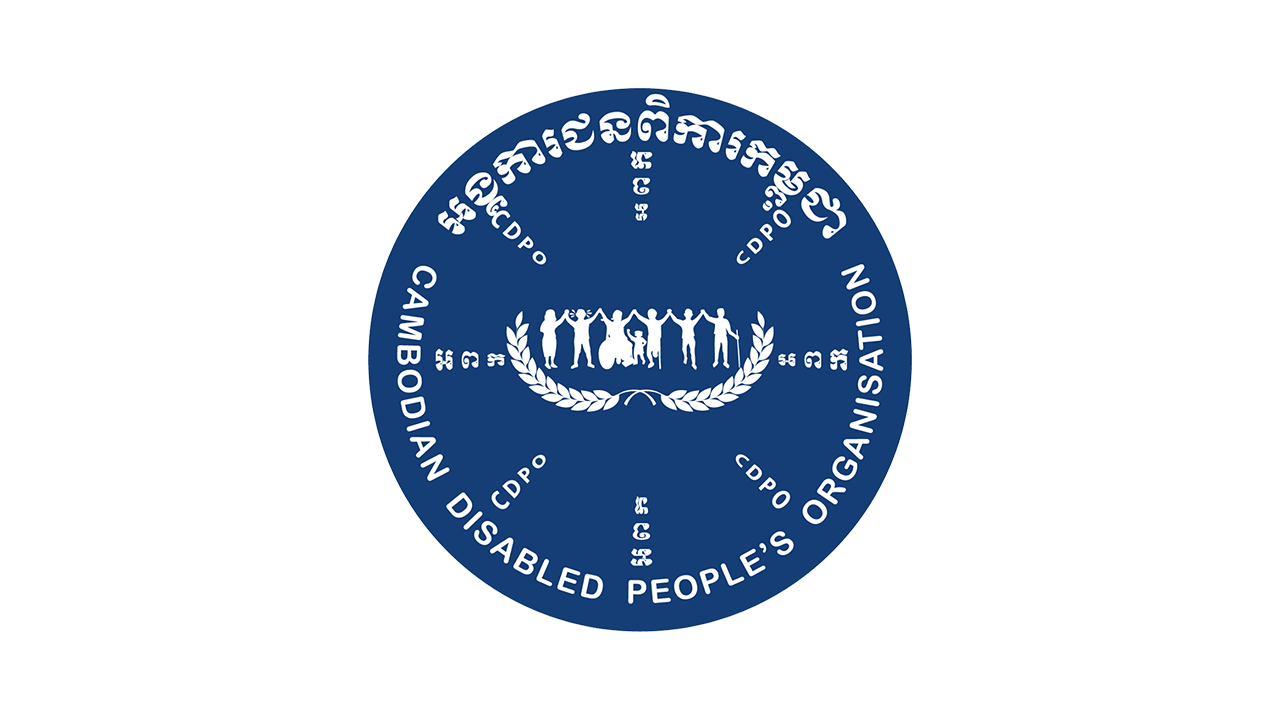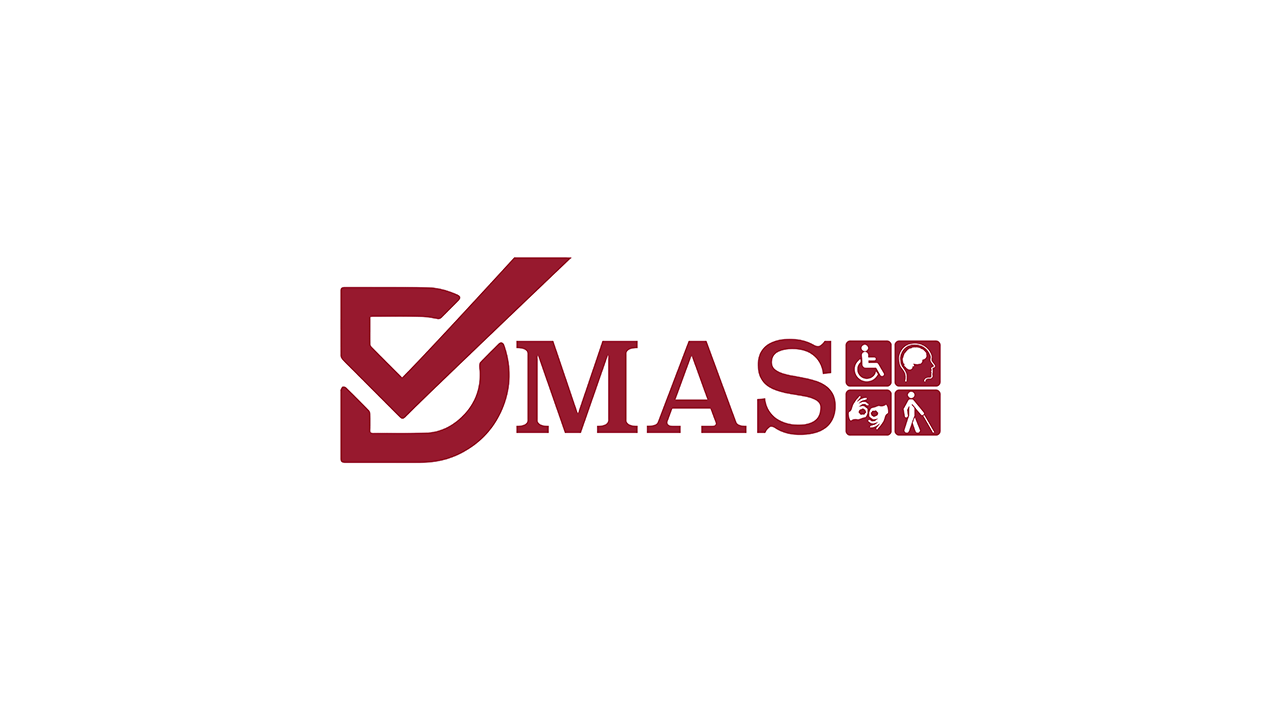ASEAN Civil Society Organizations (CSOs) appreciate the attempt by ASEAN Intergovernmental Committee on Human Rights (AICHR) to reach out to civil society in the drafting process of the ASEAN Human Rights Declaration (AHRD). However, they also agree that more transparency is needed in the process. Some CSOs say that despite some outreach attempts by AICHR, in general AICHR is still more or less secretive in its approach, which can be seen, for example, by its failure to share the draft of AHRD until now.
These comments were delivered by the participants of the 2nd Regional Consultation of the ASEAN Human Rights Declaration which was hosted by the ASEAN Secretariat at Ritz Carlton Hotel, Kuala Lumpur Malaysia, on 22 June 2012. Ten ASEAN member states participated in the consultation, with each country represented by CSOs. They were chosen either by the civil society, as was the case for Indonesia’s representatives, or by their AICHR Reps. All had to get approval from the ASEAN Secretariat. There were some CSOs who could not get approval because of some reasons.
The meeting was opened by the (alternate) Chair of AICHR from Cambodia. All AICHR Representatives were present. Two however, Laos and Singapore were represented by their alternates. This meeting is what AICHR called as “listening mode”. They only took notes of the delegates’ comments and inputs. Most of the participants criticized the AICHR for its secrecy and the inability to share the draft of AHRD. Some urged AIHCR not to ignore the rights of indigenous peoples, stateless children, the rights to freedom of religion and expression and SOGI (sexual orientation and gender identity).
There were several organizations representing the disabled community. However, AGENDA was the only organization that specifically highlights the political rights of persons with disability.
After the meeting, all organizations were asked by the ASEAN Secretariat to re-submit their recommendations and other documents that they have submitted as the Secretariat wants to compile it and to give it to the AIHCR Representatives so they could use the document for their next meeting in July 2012. AGENDA sent two documents: points of recommendation and the recommended text for the provisions in AHDR.



